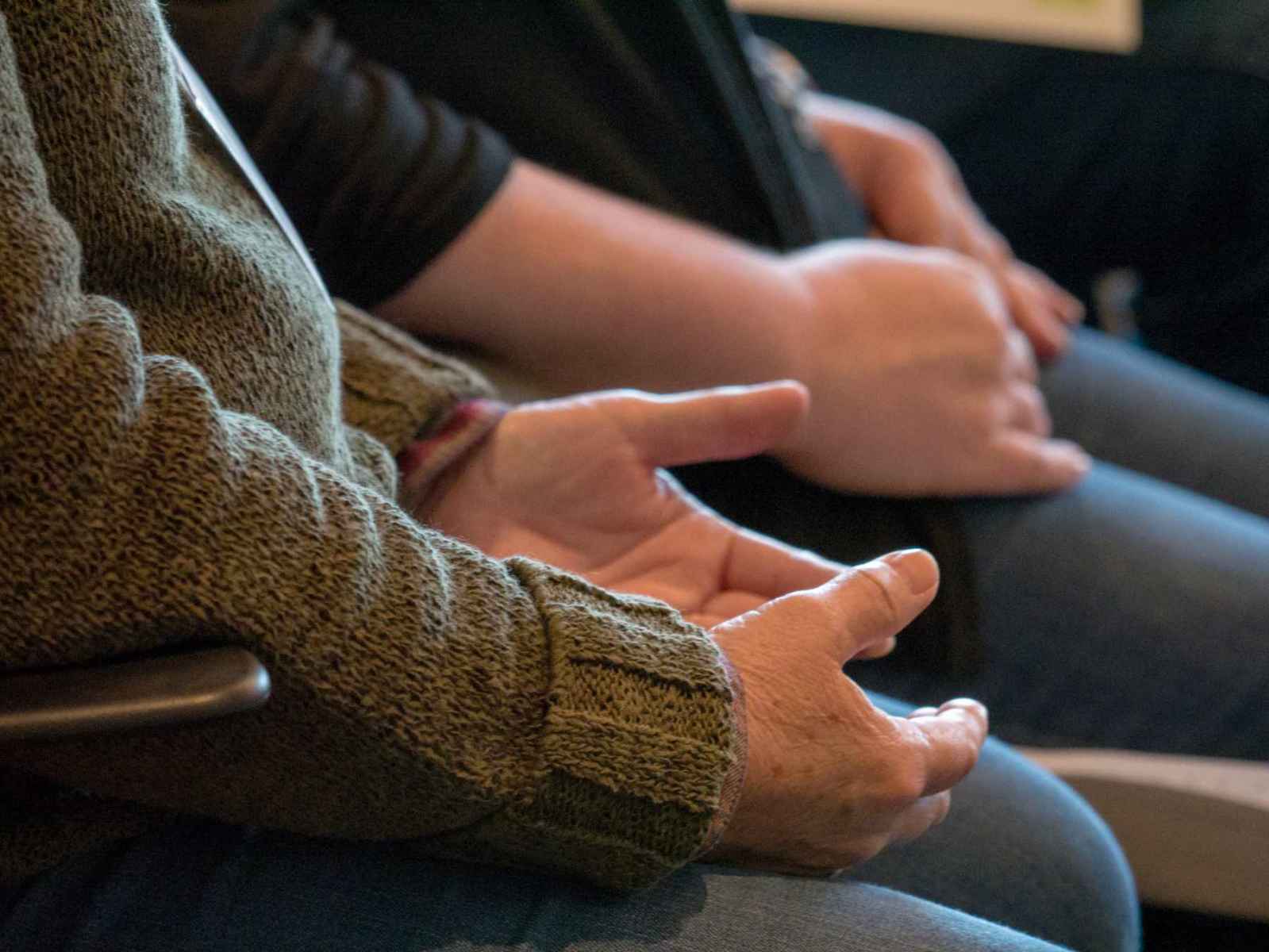Urban Missional Institute

The Urban Missional Institute provides educational opportunities and hosts conversations on the mission and development of urban centers. To accomplish this purpose, the institute is developing strategic partnerships with community-based organizations and to offer learning opportunities to students and the community.
Dr. Wallace Hartsfield II directs the Urban Missional Institute. Please use the contact form to inquire more about the plans for and your participation in the Urban Missional Institute.
Upcoming Events
There are no planned events at this time.
Reflection from a UMI Fellow
A New Consumerism, by Ethan Bunce, UMI Fellow
Growing up with parents that worked on staff at a church, I have always been in church. I used to go to church several times a week, including when there were no services, fellowships, or events going on. I would often play basketball alone in the gym, but there were times that I would wander into the big empty sanctuary by myself. There was almost an eerie void that I would feel being alone in that dark, empty sanctuary. I fully believe that was because that space was created for people, connection, and relationship. So, it is no wonder it could feel so lonely. It was never meant to be experienced from a point individuality. It was built for community.
I have an ever-growing fear that the evangelical church community is moving closer and closer towards individuality. This is to say that the focus on the communal elements of the denominational church are being down played due to an emphasis on individualism. The church has moved towards a consumeristic stance rather than being a community of people living out the kingdom of God here on earth. And in turn, more and more sanctuaries are losing their sense of community among younger generations.
While some churches seem to be having success with the consumerism model, I believe we are seeing the rise before the crash. In the same way that waves that rise the highest crash the hardest, I believe that the consumer driven church is heading for a vicious crash.
While we are seeing some success in a few churches experiencing growth, I believe that is largely due to those that are part of Generation X and the generations before them. Gen Xer’s were at the right place at the right time for consumerism to hit its peak. While chain restaurants, superstores, and corporate businesses took over America in the 80’s and 90’s peaking in the 2000’s, Gen Xer’s became the target of consumerism marketing.
In the early 2000’s, the church world took to these ideas. Saddleback Sam would come to be known as a model target for churches that wanted to reach people. According to GrowChurch.net[1], Saddleback Sam was describe as well educated, someone that valued health and fitness, and someone that was self-satisfied. This became a model that churches around the US would use to target people in the community that they wanted to see get involved at their church.
While this may seem to be working with Gen Xer’s, we are seeing a shift with the oncoming generation. Millennials are quickly moving to intrusive ways of living, embracing cultural terms like fair trade and organic. According to Food Business News, 52% of organic consumers are millennials[2]. In addition, a recent survey concluded that 78% of millennials would rather pay for an experience than material goods[3]. This is a dramatic shift from Gen Xer’s.
Along with the shift away from retail consumerism, millennials are shifting from religious consumerism. Religious consumerism is the effort that many churches having been making to entice church shoppers to get all their spiritual needs taken care of in one place. It is almost like some of the churches in the West could rebrand themselves as Spiritual Super Stores.
Millennials are moving away from big business as they are able, and some 40 percent of millennials claim a preference for buying local[4]. This stems from trust, which is a huge issue for millennials. Perhaps the most important thing a church can do is be a safe place for trust.
I believe that many churches are teetering on the precipice of a religious consumerism revolution. Even still, many places are holding onto the ideas of more, bigger, and better. However, I think that this is a fleeting investment because the tidal wave of consumerism is crashing. There are those that are content with riding out the wave as it crashes hard into the shore, but there are others that give me hope. Others are paddling back out to sea because they can feel the tide turning. There is something new for them on the horizon. We can go after that. To go after these ideas of the organic church that holds onto the ideas of trust, smaller rather than bigger, and local. I believe that if we will take a step back from where we are and examine what this means, or could mean, we may find ourselves riding a totally different wave.
[1]https://growchurch.net/how-to-build-a-church-congregation/saddleback-sam
[2]https://www.foodbusinessnews.net/articles/8657-millennials-pushing-organic-to-new-heights
[4]https://smallbusiness.fedex.com/millennial-marketing.html